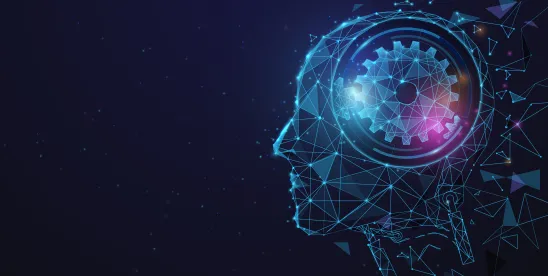Illinois continues to enact legislation regulating artificial intelligence (AI) and generative AI technologies.
- A little less than a year ago, Gov. JB Pritzker signed H.B. 2123 into law. That law, becoming effective January 1, 2024, expanded the state’s Civil Remedies for Nonconsensual Dissemination of Private Sexual Images Act to permit persons about whom “digitally altered sexual images” (a form of “deepfake”) are published without consent to sue for damages and/or seek expanded injunctive relief.
- We recently summarized amendments to the Illinois Human Rights Act that added certain uses of AI and generative AI by covered employers that could constitute civil rights violations.
- Here we briefly discuss two more recently enacted laws focused on the impact AI and generative AI technologies have on individuals’ digital likeness and publicity rights.
It is not uncommon for organizations to involve their employees along with other individuals in marketing and promotional or other commercial activities. Whether it is seeking employee participation in television advertisements, radio spots, as influencers in social media, or other interactions with consumers, using an employee’s image or likeness can have significant beneficial impacts on the branding and promotion of an organization. Expanding digital technologies, powered by AI and generative AI, can vastly expand the marketing and promotional options organizations have, including through the use of video, voice prints, etc. The ubiquity of these technologies, their ease of use, and near-instantaneous path to wide distribution bring tremendous opportunities, but also significant risk.
In recent legislative sessions, Illinois passed two significant bills – House Bill (HB) 4762 and House Bill (HB) 4875 – designed to protect individuals’ digital likeness and publicity rights.
HB 4875
HB 4875 amends Illinois’ existing Right of Publicity Act to protect against the unauthorized use of “digital replicas” amid the widespread adoption of artificial intelligence and generative AI technologies. A “digital replica” means:
a newly created, electronic representation of the voice, image, or likeness of an actual individual created using a computer, algorithm, software, tool, artificial intelligence, or other technology that is fixed in a sound recording or audiovisual work in which that individual did not actually perform or appear, and which a reasonable person would believe is that particular individual’s voice, image, or likeness being imitated.
Unauthorized use of a digital replica generally means doing so without consent. Indeed, the new law provides that “a person may not knowingly distribute, transmit, or make available to the general public a sound recording or audiovisual work with actual knowledge that the work contains an unauthorized digital replica.” Notably, this proscription is not contingent on there being a commercial purpose.
Importantly, in addition to holding persons liable for knowingly distributing, transmitting, or making available to the general public works containing unauthorized digital replicas, the law also holds individuals or entities liable if they materially contribute to, induce, or facilitate a violation of the law by another party, knowing that the other party is in violation.
Organizations that have obtained consent from workers regarding the use of their name and likeness may want to reconsider the language in those consents to ensure they are capturing these technologies along with the traditional photos, videos, and similar content. This law takes effect January 1, 2025.
HB 4762
HB 4762, also known as the Digital Voice and Likeness Protection Act, seeks to safeguard individuals from unauthorized use of their digital replicas. This bill addresses the growing concern over the misuse of digital likenesses created through advanced technologies, including generative AI.
The Act stipulates that a provision in an agreement between an individual and any other person for the performance of personal or professional services is unenforceable and against public policy if it satisfies all of the following:
- allows for the creation and use of a digital replica of the individual’s voice or likeness in place of work the individual would otherwise have performed in person;
- does not include a reasonably specific description of the intended uses of the digital replica; and
- the individual was not either: (i) represented by counsel in negotiating the agreement that governs the use of the digital replica, or (ii) represented by a labor union where the terms of the applicable collective bargaining covers the use of the digital replicas.
This Act applies to agreements entered into after the effective date of this Act, August 9, 2024.




 />i
/>i

